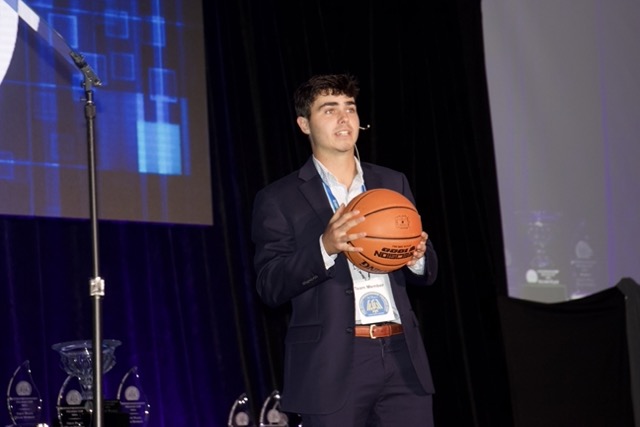Several universities across the country have banned the sale of bottled water on campus in order to promote sustainability and environmental awareness.
Dartmouth, Harvard and Brown are among the universities participating in the movement and have hydration stations across their campuses which provide students with filtered tap water.
While the bottle ban movement hasn’t yet hit the ULM campus, some students think it would be a good idea to install hydration stations. Josh McDowell, a senior health studies major, said that he would use the stations daily if they were in place.
“Bottled water is convenient, but it’s just not good for the environment,” McDowell said. “Most of the bottles either end up on the ground or in the bayou.”
Earth science instructor Lauri Anderson said she thinks hydration stations would benefit everyone at ULM.
“It’s my understanding that hydration stations save people money, reduce waste, encourage healthier lifestyles and inspire environmental action,” Anderson said.
Waste and littering is a large part of the argument against bottled water; however, other concerns have begun to surface, such as the presence of BPA in plasticss and the energy and resources required to produce and distribute the bottles.
Political science professor John Sutherlin said that while these issues need to be considered, tap water isn’t necessarily a “green” option. Sutherlin pointed out that there are still concerns surrounding the volume of water wasted from fountains and the energy needed to filter and cool the water, not to mention the possible health risks.
“Bottles often have bacteria, solvents or cleaning agents, and chemicals from the plastic itself. Yet, there are heavy metal concerns in tap water. Most large or older systems have high levels of lead,” Sutherlin said.
Regardless of which option is healthier or more environmentally sound, the university still benefits significantly from the sale of Dasani bottled water.
According to Mike Trevathan, executive director of Auxiliary Enterprises, the SUB and C3 Convenience store sold 12,257 bottles of Dasani water between July 2011 and June 2012. These unit sales account for a significant amount of commission for the university.
Trevathan also explained that banning bottled water on campus would raise concerns due to ULM’s contract with Coca-Cola and close ties to the local Coca-Cola bottling plant.
The driving force behind the bottle ban movement at other universities is the students’ demand for sustainable options. Both Trevathan and Sutherlin agree that if anything is going to change at ULM, it will have to be a result of student involvement.








